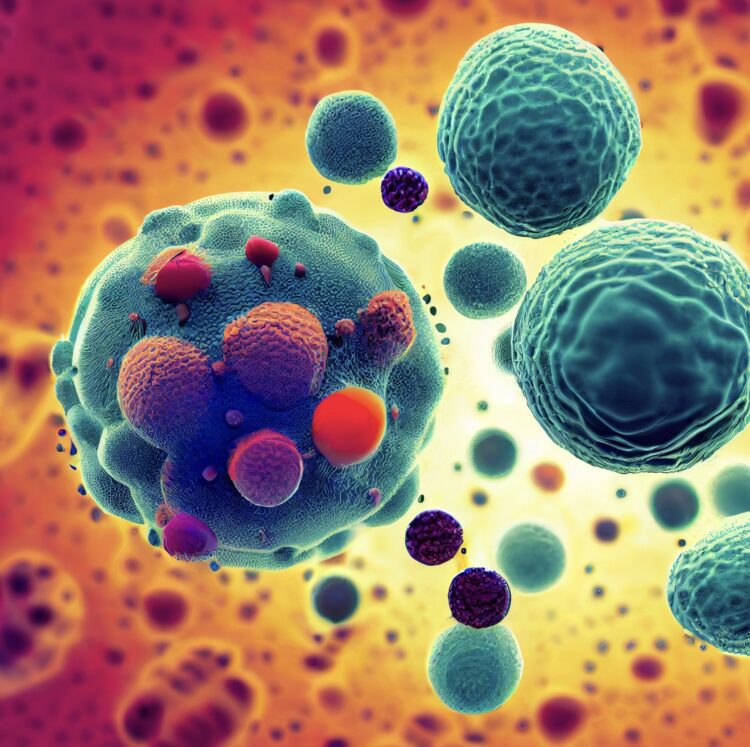CRISPR technology represents a transformative tool in the scientific field, with the potential to change how we approach medicine, agriculture, and biology. This technology allows for precise DNA editing, opening a range of possibilities and ethical challenges.
CRISPR (Clustered Regularly Interspaced Short Palindromic Repeats) is a genetic editing system based on the ability of certain bacteria to defend against viruses. Initially discovered as a mechanism of bacterial immunity, it has become a tool for genetic manipulation.
The CRISPR/Cas9 system uses an enzyme, Cas9, to cut and edit specific DNA sequences. The versatility and precision of this technique have revolutionized how scientists can modify the genetic information of any organism, from bacteria to plants, animals, and humans.

On one hand, CRISPR offers hope in treating genetic diseases. The ability to edit defective genes opens the possibility of correcting hereditary disorders such as cystic fibrosis, sickle cell anemia, and muscular dystrophy, among others. Its application is also being researched in the fight against complex diseases like cancer, by modifying cells to attack tumors more effectively and precisely.
On the other hand, in agriculture, CRISPR is being used to develop crops resistant to diseases, adapted to extreme climatic conditions, and with higher nutritional quality. Genetic editing can help increase food production and reduce dependence on pesticides and herbicides.

Thus, its potential for the world is undeniable, but its implementation must be carefully considered and regulated to ensure its safe and ethical use. Debates over the genetic modification of human embryos, the creation of modified organisms, and the possibility of long-term unforeseen effects on ecosystems are issues that require careful regulation and robust ethical debate.











